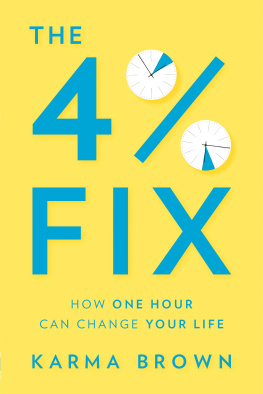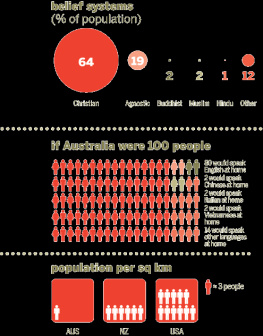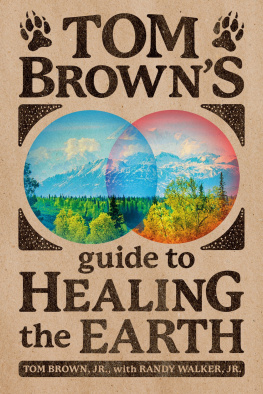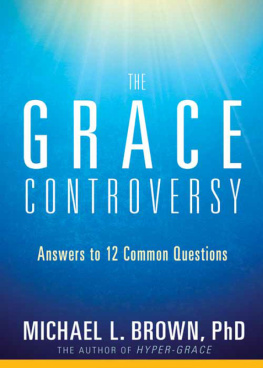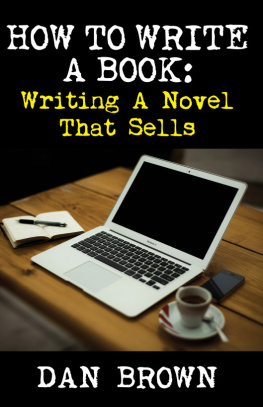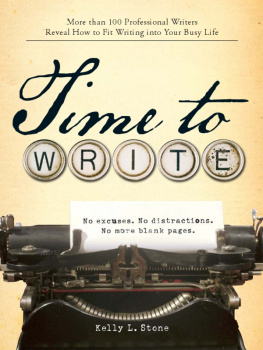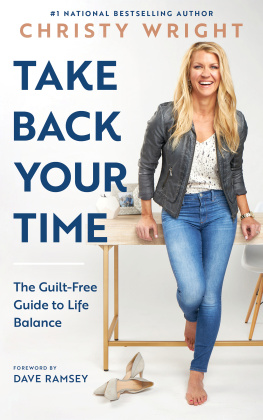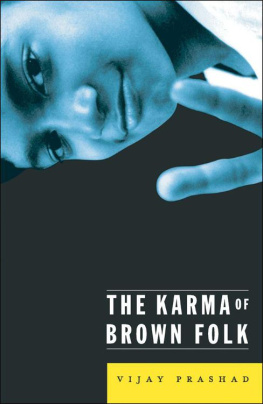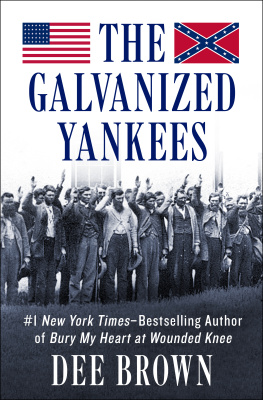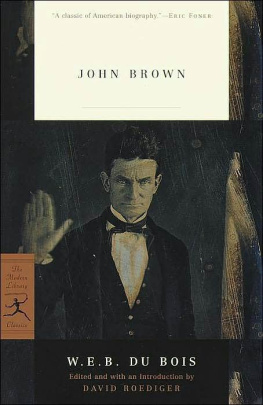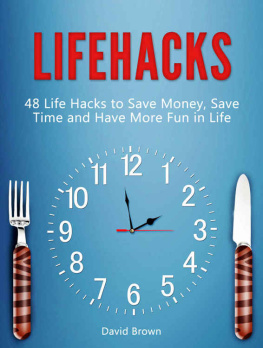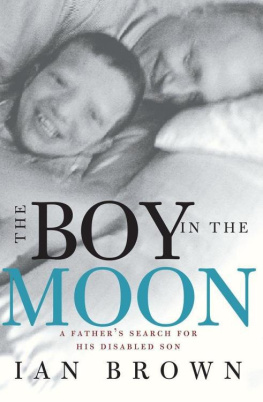Life seems but a quick succession of busy nothings.
J ANE A USTEN, M ANSFIELD P ARK
A few months ago, my daughter and I were listening to a podcast about black holes. Along with interesting tidbits, like that black holes arent actually holes at all (rather, a compressed mass of incredibly dense matter) and how theyre created (a star explodes and caves in on itself, blocking out all light), what fascinated both of us was the notion of time in relation to these mysterious holes. Specifically, the idea of time travel.
This concept was as captivating to an 11-year-old as it was to her significantly older mother, though for different reasons. We both imagined the wonder of it, and the fun of asking Where would you go? But secretly I also considered the practicality of it (how very boring adult of me). I mean, imagine all the things you could do if you werent constrained by the time continuum? Of course, while many scientists believe time travel via black holes is possible in theory, no one can be sure exactly how it would work. Because even if you could find your way into a black hole, its postulated that the immense gravitational force would simultaneously compress you horizontally and stretch you verticallylike a noodlein a phenomenon aptly called spaghettification. Yes, it really is called that.
We all have different relationships with time, and these seem to become more complex and angsty with every birthday candle we add to our cake. Overwhelmingly these days, it also feels as though many of us dont have enough of it. I remember, in my early days of being a mom, seeing a meme about how the days are long but the years are short. It had been posted in reference to parenthoodand it is wholly accurate in that contextbut I have found it also applies to life in general. If we find ourselves racing through a quick succession of busy nothings day in, day out, we may also find ourselves, years down the road, wondering where all that time really went. What do we have to show for all that busyness?
I had my own rough patch with time about a decade ago. Only a few years earlier, if youd told me that in the future Id be waking most days at 5 a.m.on purpose, without an alarmI would have said, Youve got the wrong girl. I was a night owl, doing my best things and having my best times after 9 p.m. The only morning people I knew were either retired or under the age of five. Even though I didnt sleep in much past 8 a.m., even on weekends, 5 a.m. was still the middle of the night as far as I was concerned.
I wish I could tell you my transition from night owl to morning lark had been my own brilliant idea, fuelled by a desire to write my first novel and inspired by the sentiment If not now, when? I could lie and say I set my alarm diligently each night and went to bed early enough that waking at 4:45 a.m. didnt feel like the worst decision ever made. If I could rewrite history, Id tell you that when my alarm blared, I peeled off the covers with vigour, flooded by motivation, rather than stumbling bleary-eyed down the staircase and weeping quietly until the coffee finished brewing.
Heres the truth about how I joined the early-risers club and got a handle on my current relationship with time: we became parents to a baby who didnt like to sleep. And when your kid hates sleeping, guess what? You dont get to sleep either. I joke that my daughter sleep-trained me rather than the other way aroundshe was a definitive morning-lark child (as many are) who never, ever, napped. As a toddler, she ran middle-of-the-night circles in the living room, singing along to Dora the Explorer while I lay on the couch, dazed and dog-tired, wondering where I went off course. Some mornings it was only 3 a.m. when the circus began. That was when she woke up. For the day.
Basically, I hated those painfully early mornings with a passion... until one day I didnt hate them so much. It was then that time and I came to an understanding: those hours were mine, and I could do with them what I wanted. Once I discovered the magic of writing early in the morning, I felt unstoppable. That pre-dawn hour was full of opportunity. Nothing significant had happened yet to derail my day. Emails were not pinging holes into my focus. Social media was quieter, as the flurry of tweets and posts from the late-night crowd had become old news.
So I learned to focus bright and early alongside my daughters television programs, the glue and glitter slinging from her 6 a.m. crafts often ending up spackled on my computer keys. Eventually I became skilled enough in our morning routine that I didnt have to break my writing stride to answer her constant peppering of questions, like Would you rather be eaten by a shark or be the shark that eats people?
We all have the same 24 hours in a day, 365 days a year. There is no way to turn back time or stop the clockthose seconds, minutes, hours... they tick along regardless. But while you cant actually manipulate time, you can choose what you do with it. Its worth notingin case youre thinking this is not replicablethat literally anyone (yes, even you) can do this: I am not an outlier. I do not have short-sleep syndrome like people whose genes mean they only need a couple of hours of shut-eye nightly. I have no special skills or expertise for waking up early. It is simple, though admittedly not easy to do, and it begins with this question: If I gave you one hour a day for something youve always wished to find time foreven if the how details were fuzzywhat would you do with it?
To be clear, were talking about a mere 4% of your dayone single hour. So what bakes your cake? Training for a 10K race or triathlon? Learning to play the guitar? Reading the stack of books that currently hold up your bedside table lamp? Have you ever longed to take up knitting, or painting, or cooking? Maybe you have a book in you, like I did. Perhaps you dream of speaking another language, if only you could find uninterrupted minutes to practise. Maybe you used to love playing the piano, but now its a junk-mail holder and dust bunny catcher, and you wish you could get back to it. The goal of this book, therefore, and my hope in writing it, is to help you discover your own 4% time fix, and to offer a clear plan for making it part of your daily life. Because until we sort out this whole black-hole time-travel and spaghettification issue, were stuck with the hours we have.
Its likely you could use this gifted hour to catch up on sleep, or clean out junk drawers, or tackle your bloated inbox. From one semi-sleep-deprived person with too many junk drawers and a messy inbox to another, I hear that. However, this 4% fix isnt about catching up or getting ahead of your day, even if you really love to sleep and really hate those unread mail flags. Were aiming higher here, friends. Because while we all have the same number of hours in a day, none of us knows exactly how many of those hours were going to get in the end. And I plan to exploit the heck out of the ones I get.
But before we begin, a few ground rules:
- You do you. One size fits all is generally a bad idea for most things in life (like nutrition, education, bathing suits... ), and this approach is no different. I believe around 5 a.m. is the best time for a 4% fix, and theres even science on my side, but more on that later. However, I wont be there to drag you out of bed each morning. You need to find your own groove (with a side of grit) to make this work.

